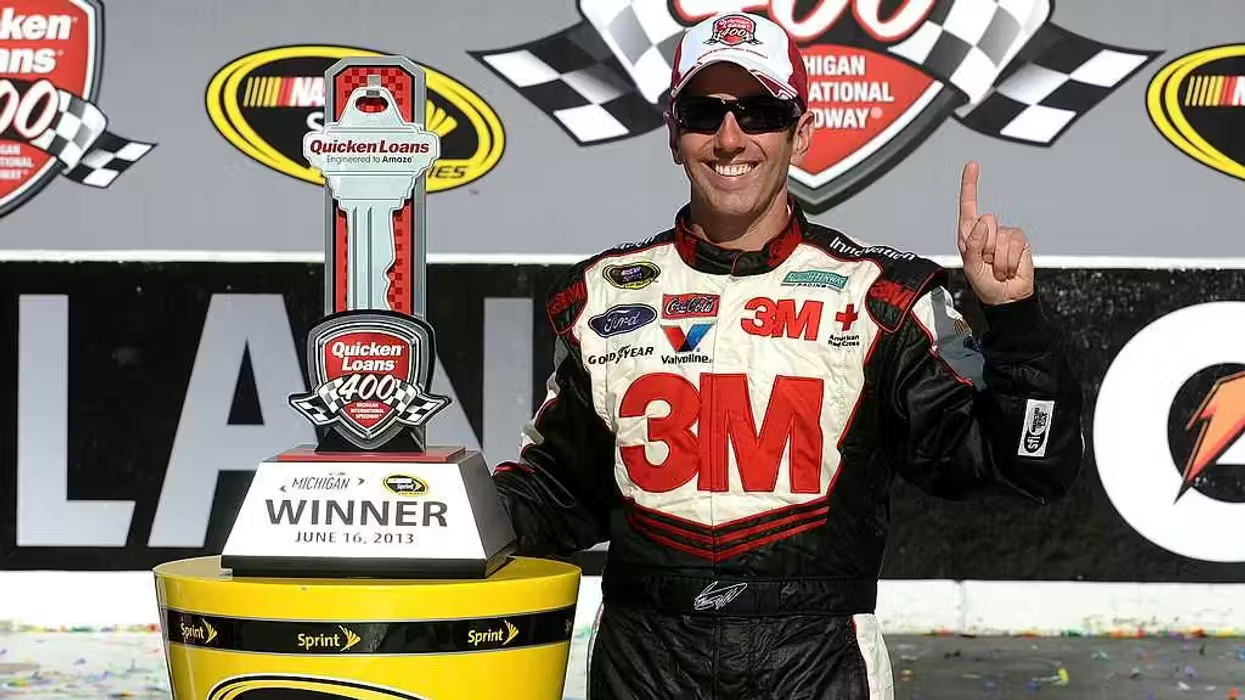The banks that were "too big to fail" were supposed to be writing "livings wills" — guides to how they could be dismantled without wrecking the rest of the economy — but according to regulators, the wills that 11 of America's biggest banks came up with don't cut the mustard.
As the Wall Street Journal reported Tuesday:
The Federal Reserve and the Federal Deposit Insurance Corp. said bankruptcy plans submitted by big banks make "unrealistic or inadequately supported" assumptions and "fail to make, or even to identify, the kinds of changes in firm structure and practices that would be necessary to enhance the prospects for" an orderly failure.
The regulators raised the specter of slapping banks with tougher rules on capital and leverage or restrictions on growth—and even eventually forcibly breaking them up—should they fail to make significant progress to address the shortcomings by July 2015.
...
"Despite the thousands of pages of material these [11] firms submitted, the plans provide no credible or clear path through bankruptcy that doesn't require unrealistic assumptions and direct or indirect public support," said Thomas Hoenig, the No. 2 official at the FDIC, in a statement.
The 11 banks, per the WSJ:
 The Citibank Corporate Office & Headquarters is viewed in midtown Manhattan July 14, 2014. (Timothy A. Clary/AFP/Getty Images)
The Citibank Corporate Office & Headquarters is viewed in midtown Manhattan July 14, 2014. (Timothy A. Clary/AFP/Getty Images)
Bank of America
Bank of New York Mellon
Citigroup
Goldman Sachs
J.P. Morgan Chase
Morgan Stanley
State Street
Barclays' U.S. units
Credit Suisse Group
Deutsche Bank
UBS
Those banks took generous helpings of bailout funds from the federal government: According to CNN Money, Citigroup and J.P. Morgan Chase each snagged $25 billion, State Street took $15 billion and Morgan Stanley and Goldman Sachs each took $10 billion, to name a few, in October of 2008.
During the financial crisis of 2008, regulators floundered as they tried to work out the complex operations and holdings of the major banks that seemed to be on the verge of collapse.
The Dodd-Frank Act — which, at nearly 1,000 pages, has been criticized as "too big not to fail" — was passed in 2010 with the stated aim of ensuring that future financial crises were better regulated, and the act contains a "living will" provision that calls, essentially, for big banks to draw up bankruptcy blueprints, detailing how they could be taken apart without tanking the wider economy.
Since the feds have ruled those "living wills" inadequate, concerns have risen that, should another financial crisis develop, taxpayers could be left holding the bag again.
"Too big to fail is alive and well," said Sen. Sherrod Brown (D-Ohio). "The FDIC's statement that these living wills are not credible means that megabanks will live on taxpayer life support in the event of a crash."
 FILE - In this Jan. 19, 2010 file photo, a window washer cleans off the lettering at Morgan Stanley headquarters, in New York.the (AP Photo/Mark Lennihan, File)
FILE - In this Jan. 19, 2010 file photo, a window washer cleans off the lettering at Morgan Stanley headquarters, in New York.the (AP Photo/Mark Lennihan, File)
According to the WSJ, regulators called on banks to establish "a rational and less complex legal structure" and demonstrate that they could rapidly and reliably provide details on their exposures.
For their part, banks are signaling that the "living will" requirements are tough to meet.
Simplifying legal structures is "an extraordinarily challenging exercise," one analyst told the WSJ, while another analyst called the living wills "regulatory opiates."
"They make the regulators feel good, they make Congress feel good," economist Ken Thomas, "but what they don't realize is in the real world, things happen instantaneously, and the time to enact a living will — it doesn't exist."
—
Follow Zach Noble (@thezachnoble) on Twitter

 The Citibank Corporate Office & Headquarters is viewed in midtown Manhattan July 14, 2014. (Timothy A. Clary/AFP/Getty Images)
The Citibank Corporate Office & Headquarters is viewed in midtown Manhattan July 14, 2014. (Timothy A. Clary/AFP/Getty Images)






